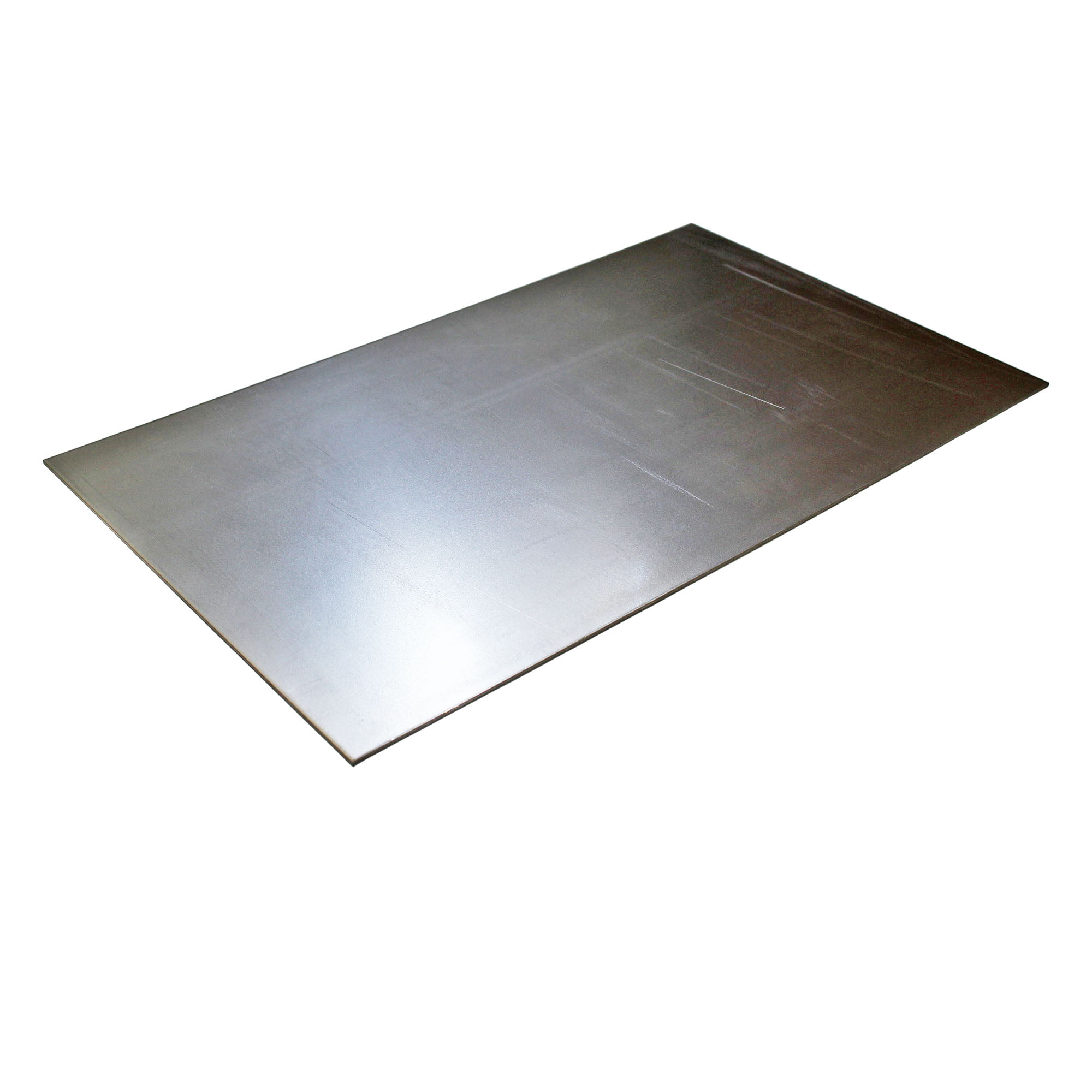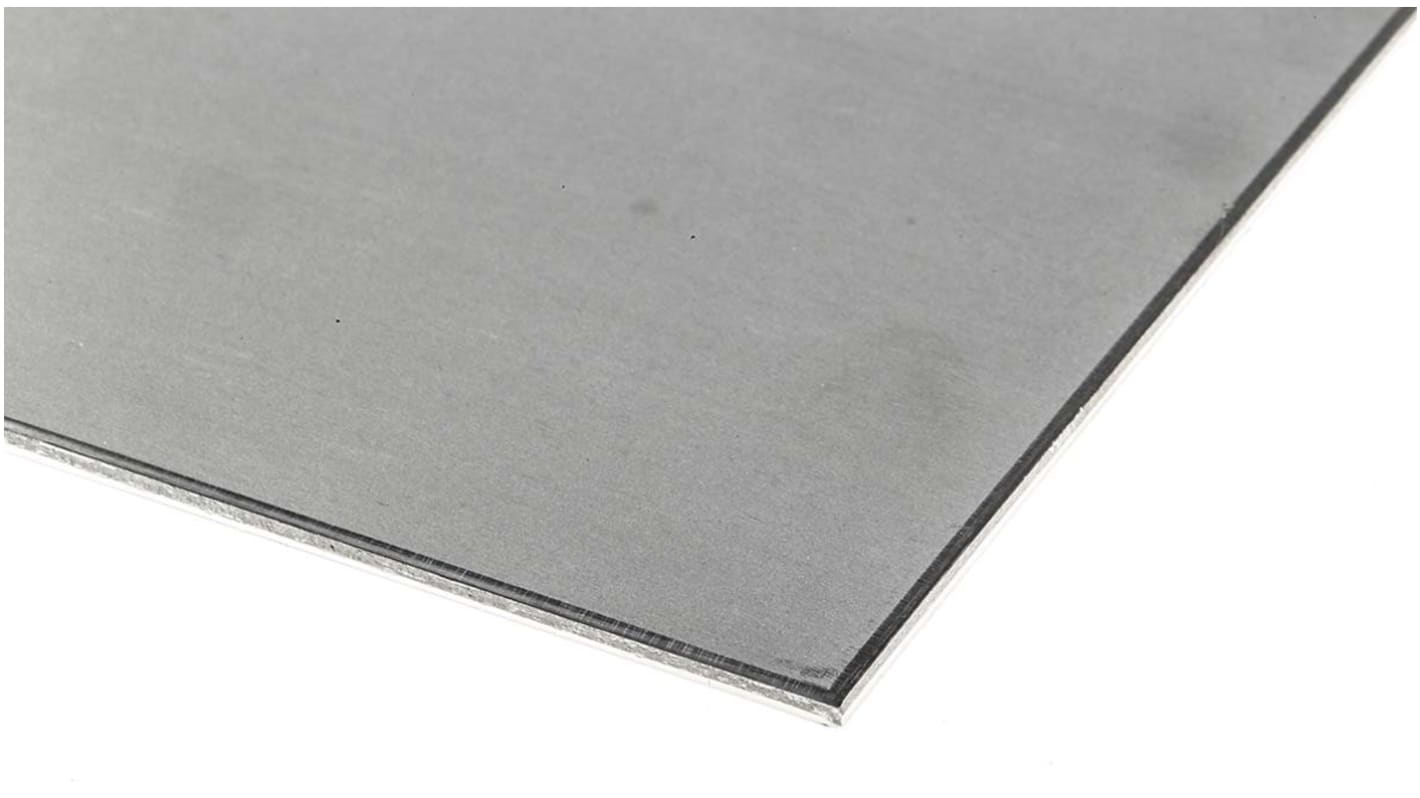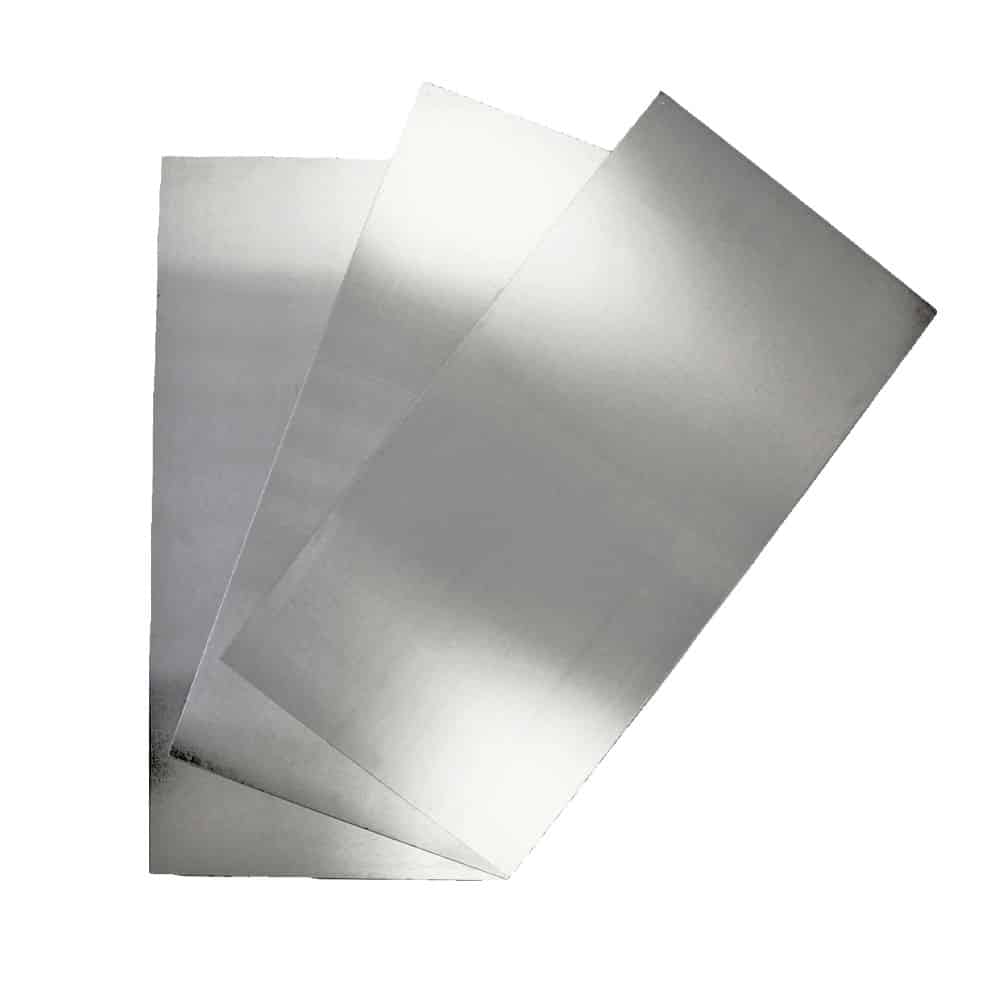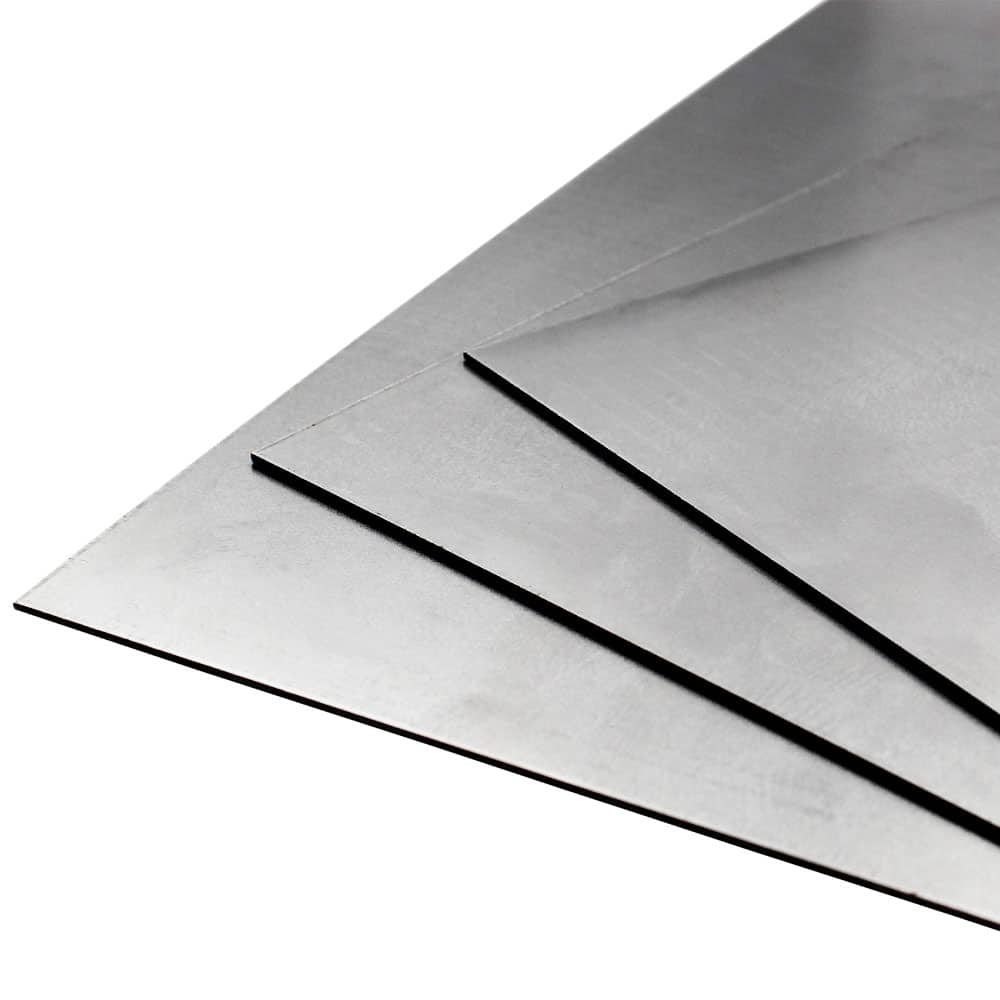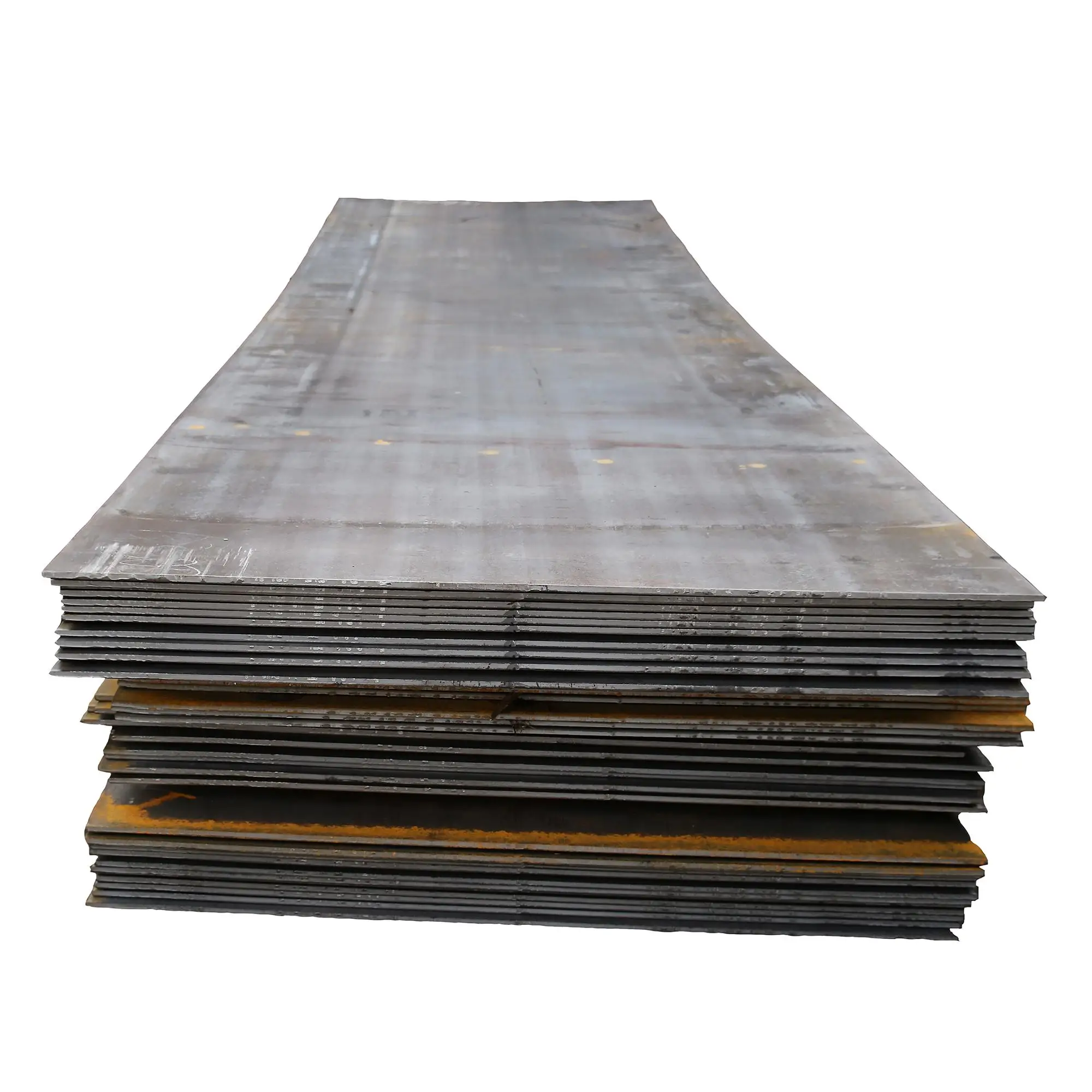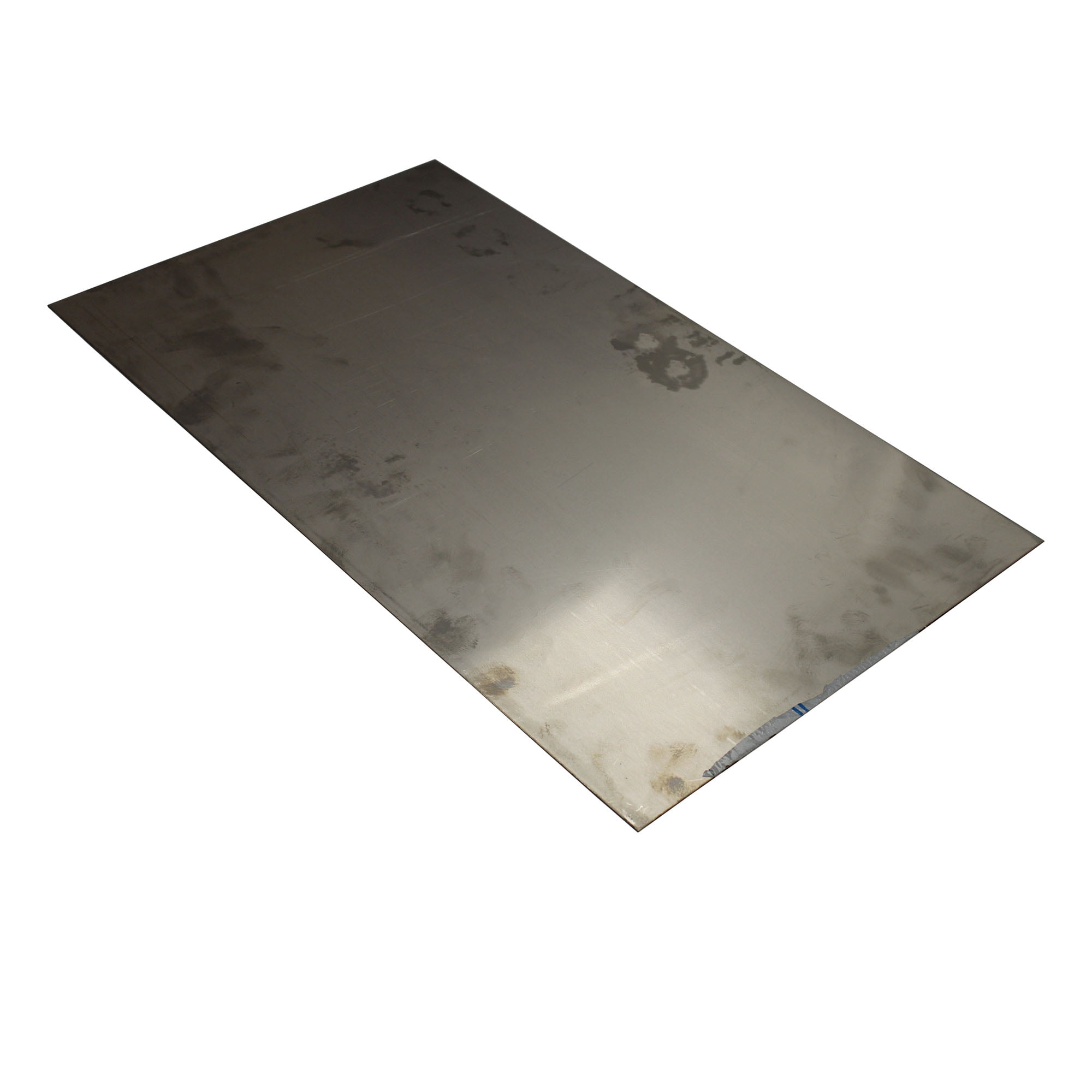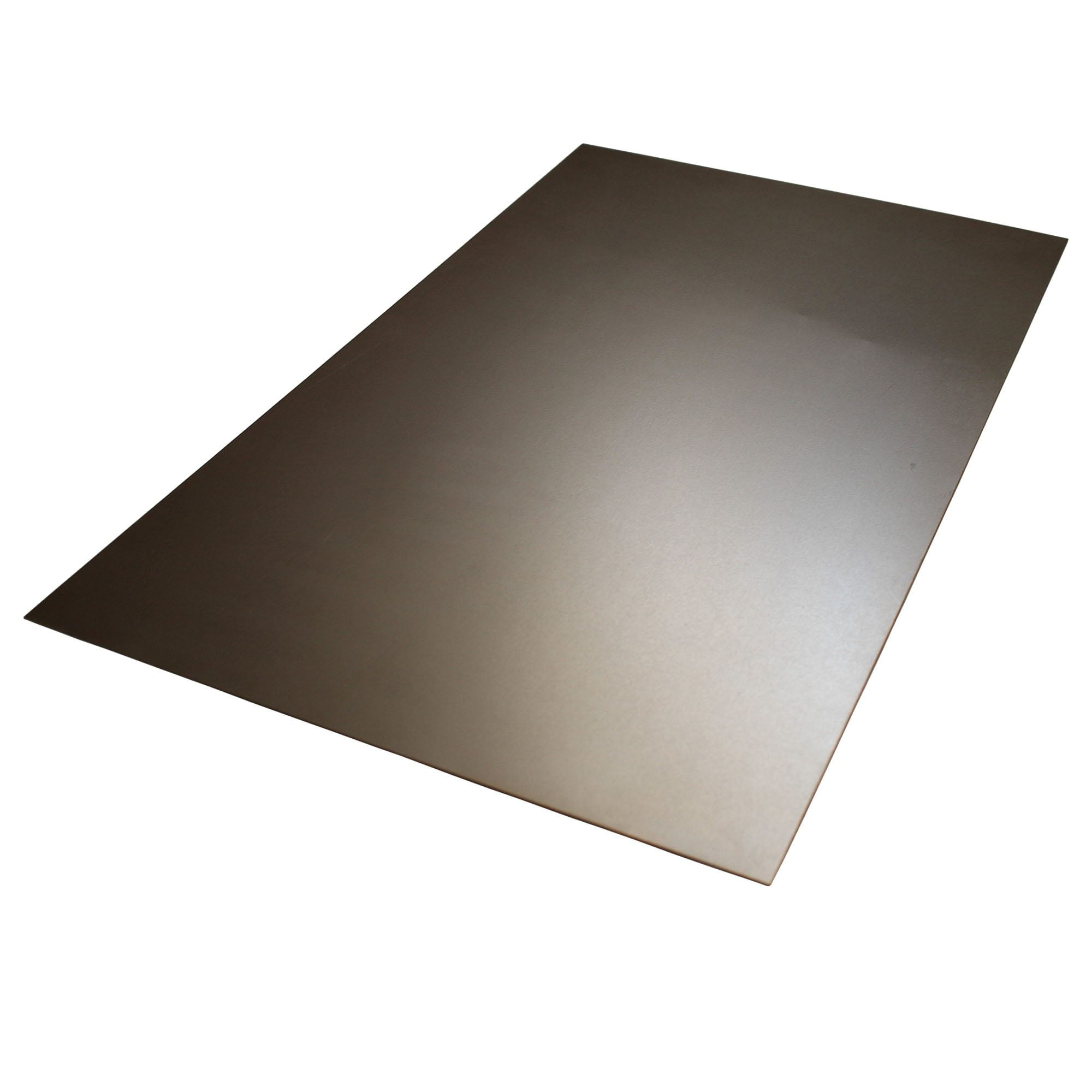Thick Sheet Metal - The weight per unit area. The chart below can be used to determine the equivalent sheet thickness, in inches or millimeters, for a gauge number from the selected gauge size standard. Choosing the wrong thickness can lead to material failures (too thin) or overengineering (too thick),. Sheet metal weight and gauge chart. Gauge are used to specify the thickness of a metal sheet. When working with sheet metal, the term “gauge” is often used. Sheet metal thickness directly affects product quality, durability, and costs. Stainless steel, copper, zinc, aluminum, steel and galvanized steel. Gauge (ga.) is a length measurement unit for diameters originating in. The following sheet metal gauge size reference chart gives the weight and thickness of sheet metal given as a gauge (sometimes spelled gage) and indicates the standard thickness of.
When working with sheet metal, the term “gauge” is often used. Stainless steel, copper, zinc, aluminum, steel and galvanized steel. Gauge are used to specify the thickness of a metal sheet. Gauge (ga.) is a length measurement unit for diameters originating in. The weight per unit area. Choosing the wrong thickness can lead to material failures (too thin) or overengineering (too thick),. The chart below can be used to determine the equivalent sheet thickness, in inches or millimeters, for a gauge number from the selected gauge size standard. Sheet metal thickness directly affects product quality, durability, and costs. Sheet metal weight and gauge chart. The following sheet metal gauge size reference chart gives the weight and thickness of sheet metal given as a gauge (sometimes spelled gage) and indicates the standard thickness of.
Stainless steel, copper, zinc, aluminum, steel and galvanized steel. Choosing the wrong thickness can lead to material failures (too thin) or overengineering (too thick),. The following sheet metal gauge size reference chart gives the weight and thickness of sheet metal given as a gauge (sometimes spelled gage) and indicates the standard thickness of. The weight per unit area. Gauge are used to specify the thickness of a metal sheet. Sheet metal weight and gauge chart. The chart below can be used to determine the equivalent sheet thickness, in inches or millimeters, for a gauge number from the selected gauge size standard. Gauge (ga.) is a length measurement unit for diameters originating in. Sheet metal thickness directly affects product quality, durability, and costs. When working with sheet metal, the term “gauge” is often used.
Steel Sheet Thickness sheet
Stainless steel, copper, zinc, aluminum, steel and galvanized steel. When working with sheet metal, the term “gauge” is often used. The weight per unit area. Sheet metal weight and gauge chart. Choosing the wrong thickness can lead to material failures (too thin) or overengineering (too thick),.
Everything You Need to Know About Mild Steel Sheet Metal Speciality
Gauge (ga.) is a length measurement unit for diameters originating in. The chart below can be used to determine the equivalent sheet thickness, in inches or millimeters, for a gauge number from the selected gauge size standard. Choosing the wrong thickness can lead to material failures (too thin) or overengineering (too thick),. The weight per unit area. When working with.
RS PRO Stainless Steel Metal Sheet 500mm x 300mm, 3mm Thick RS
Gauge are used to specify the thickness of a metal sheet. The weight per unit area. When working with sheet metal, the term “gauge” is often used. Sheet metal weight and gauge chart. Stainless steel, copper, zinc, aluminum, steel and galvanized steel.
Steel Plate St523 St 355 ! Hot Rolled Carbon Steel Sheet 3mm 4mm 5mm
Choosing the wrong thickness can lead to material failures (too thin) or overengineering (too thick),. Stainless steel, copper, zinc, aluminum, steel and galvanized steel. The chart below can be used to determine the equivalent sheet thickness, in inches or millimeters, for a gauge number from the selected gauge size standard. Sheet metal weight and gauge chart. Gauge (ga.) is a.
4mm 6mm 8mm 10mm Thick 4X8 Stainless Steel Sheet Price 201 202 304 316
Choosing the wrong thickness can lead to material failures (too thin) or overengineering (too thick),. Gauge (ga.) is a length measurement unit for diameters originating in. Sheet metal weight and gauge chart. The chart below can be used to determine the equivalent sheet thickness, in inches or millimeters, for a gauge number from the selected gauge size standard. The weight.
1mm Thick Mild Steel Sheet Metal Plate (Plain Steel) Speciality Metals
Sheet metal thickness directly affects product quality, durability, and costs. The chart below can be used to determine the equivalent sheet thickness, in inches or millimeters, for a gauge number from the selected gauge size standard. The weight per unit area. The following sheet metal gauge size reference chart gives the weight and thickness of sheet metal given as a.
2mm Thick Mild Steel (Plain Steel) Metal Sheet Plate Speciality Metals
Gauge are used to specify the thickness of a metal sheet. Choosing the wrong thickness can lead to material failures (too thin) or overengineering (too thick),. The chart below can be used to determine the equivalent sheet thickness, in inches or millimeters, for a gauge number from the selected gauge size standard. The weight per unit area. Sheet metal thickness.
Astm A36 Steel Plate Price Per Ton Kg Iron Metal Mild Steel + Sheets
Sheet metal weight and gauge chart. The chart below can be used to determine the equivalent sheet thickness, in inches or millimeters, for a gauge number from the selected gauge size standard. Gauge (ga.) is a length measurement unit for diameters originating in. When working with sheet metal, the term “gauge” is often used. Stainless steel, copper, zinc, aluminum, steel.
1mm Thick 304 Stainless Steel Sheeting 2 x 1 Metre Panel Speciality
The chart below can be used to determine the equivalent sheet thickness, in inches or millimeters, for a gauge number from the selected gauge size standard. Sheet metal weight and gauge chart. Stainless steel, copper, zinc, aluminum, steel and galvanized steel. Sheet metal thickness directly affects product quality, durability, and costs. Gauge (ga.) is a length measurement unit for diameters.
Mild Steel Metal Sheet Steel Plate Speciality Metals
Sheet metal thickness directly affects product quality, durability, and costs. The weight per unit area. The chart below can be used to determine the equivalent sheet thickness, in inches or millimeters, for a gauge number from the selected gauge size standard. The following sheet metal gauge size reference chart gives the weight and thickness of sheet metal given as a.
The Following Sheet Metal Gauge Size Reference Chart Gives The Weight And Thickness Of Sheet Metal Given As A Gauge (Sometimes Spelled Gage) And Indicates The Standard Thickness Of.
Sheet metal thickness directly affects product quality, durability, and costs. Sheet metal weight and gauge chart. Choosing the wrong thickness can lead to material failures (too thin) or overengineering (too thick),. When working with sheet metal, the term “gauge” is often used.
The Chart Below Can Be Used To Determine The Equivalent Sheet Thickness, In Inches Or Millimeters, For A Gauge Number From The Selected Gauge Size Standard.
Stainless steel, copper, zinc, aluminum, steel and galvanized steel. Gauge (ga.) is a length measurement unit for diameters originating in. The weight per unit area. Gauge are used to specify the thickness of a metal sheet.

